PLOT: An Asian-American man confronts his troubled past and uncertain future when he faces deportation after assaulting a police officer.
REVIEW: Writer/producer/director/star Justin Chon put a lot on his plate both in front of and behind the camera for Blue Bayou, and there’s no doubt he has talent on both sides. Playing the Korean-born/New Orleans-raised Antonio, he displays a raw versatility that commands the screen at both its lightest and darkest times. As a director, he shows equal range, working with cinematographers Matthew Chuang and Ante Cheng to craft more than a few arresting visuals and getting natural performances out of both veteran and young cast members. Most importantly, he’s clearly a man with a story to tell and a vision for how it should look. He has more than plenty of passion to burn and is fascinated with exploring Asian heritage of all its varieties through a modern, timely lens, which makes him a voice to look out for.
In the case of his Blue Bayou, Antonio is forced to confront his brief, tragic early years in Korea, his dark, adopted upbringing in Louisiana, and the future he’s trying to make for himself with his pregnant wife Kathy (Alicia Vikander) and stepdaughter Jesse (Sydney Kowalske) when he faces deportation as the result of archaic U.S. laws. Despite having lived in this country for 30 years and being as American as any legal citizen, his deportation is almost certain given his criminal record and lack of character witnesses. Much of the movie is him trying to come to terms with his life so far, facing the entire upheaval of everything he’s been building. The ingredients for a poignant, necessary examination of the reality for many living in this country are all in Chon’s film, forcing the viewer to recognize the human-level cost of separating families due to outdated policies.
However, where I feel Chon strays from the path is in telling what is essentially a classic American story, but going too big and trying to turn it into a great big American drama. Alongside the core unit of Antonio and his family are Parker, a Vietnamese immigrant dying of cancer (Linh Dan Pham); a cop and biological father of Jesse, Ace, (Mark O’Brien), and his overtly racist partner, Denny, (Emory Cohen), and; a revolving door of other supporting characters who have small roles to play in Antonio’s life. In trying to give them all time to have their place and leave some sort of impact on Antonio and his family, the plotting can become a narrative jumble of large-scale emotional moments meant to paint a broad picture, but can either range from meaningful to downright exhausting as they play out in almost episodic nature.
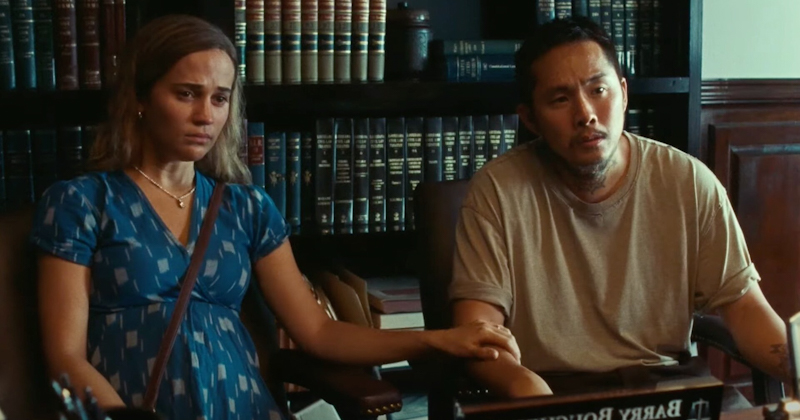
Take for instance Antonio’s time with Parker. Bringing him into her family life, Parker — who escaped from Vietnam with her father — introduces him to a unique cultural perspective while emphasizing how despite the rough turns life can take, there’s beauty in preserving where you’ve come from and living to make your life count. The moments between them are some of the movie’s most beautiful. But then there’s a subplot involving Ace relentlessly trying to get Kathy to try and see his daughter, and never are these moments anything less than a soap opera distracting from the clearly stronger story elements. In attempting to tell a large story about the importance of family, no matter what form they come in, Chon’s vision can come off as overreaching and even a bit cloying, on top of padding the runtime.
In a lot of ways, much of Blue Bayou is Chon teetering between wonderful, subtle moments — like how he captures Antonio listening to Kathy sing at a dinner Parker throws — and the heavily overdramatic. There is not one, but two emotionally heavy sequences taking place in the middle of the rain, the last one being worthy of a slight, unintentional giggle. There’s a constant push and pull between what’s working and what’s not, forming an endless juggle between the quietly beautiful and dramatically heavyhanded. While Chon is trying to sell the heartache of the circumstances, it can often bury the beauty and make the overall experience feel drudgy and less passionate.
The same can be said of the family dynamics, the eventual flaws of which are overcome by several powerhouse performances. Chon had a clear picture of how Antonio should walk and talk, from his New Orleans speech to hunched posture. Chon makes him a very lived-in character, whose whole life has been struggling and perseverance. The same can be said of Vikander as Kathy, who elevates the character beyond the role of the person trying to keep the whole family together, hiding stress and pain behind a personality that tries to stay positive for her daughter. Kowalske is herself a wonder, bringing out the best of the playful moments between her and Antonio, but is also able to devastate with a single look. The beats they go through as a family tread familiar water, though, as Antonio’s faults lead to lying, and lying leading to the breakdown of the unit. When the drama hits fever pitch you can see where Chon is going, and yet it’s still absorbing thanks to the great performances.
Chon has quite a bit to say in Blue Bayou — about immigration, heritage, and family — and its strongest themes are subtle and worthy of examination. But so much of the execution mars what he’s trying to say with an abundance of plot lines and characters, and in trying to paint such a large tapestry often pushes too hard to tug at the heartstrings. By the end, Chon reaches his finale with about four huge emotional moments crammed into a five-minute period, as if he was going for all the Oscar moments at once. It was heavyhanded to the point where the big surge of emotion I should’ve felt was replaced with irritation. I just wanted it to be over. For all the movie is trying to say, there’s often far too much noise to truly hear it.


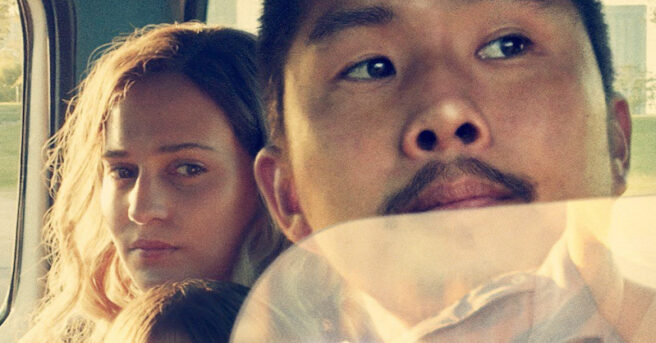

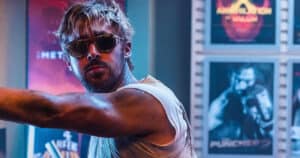


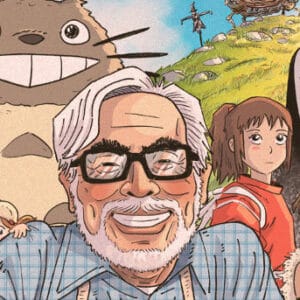



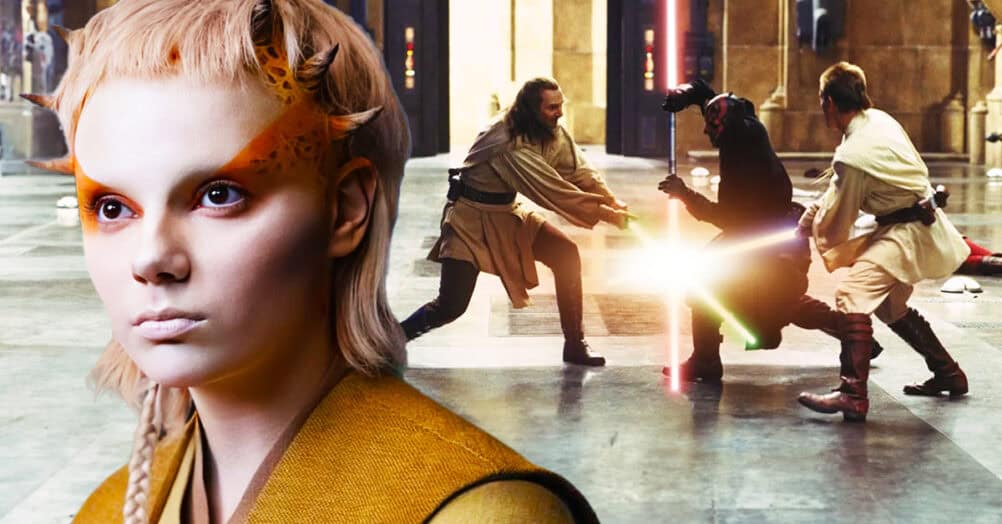
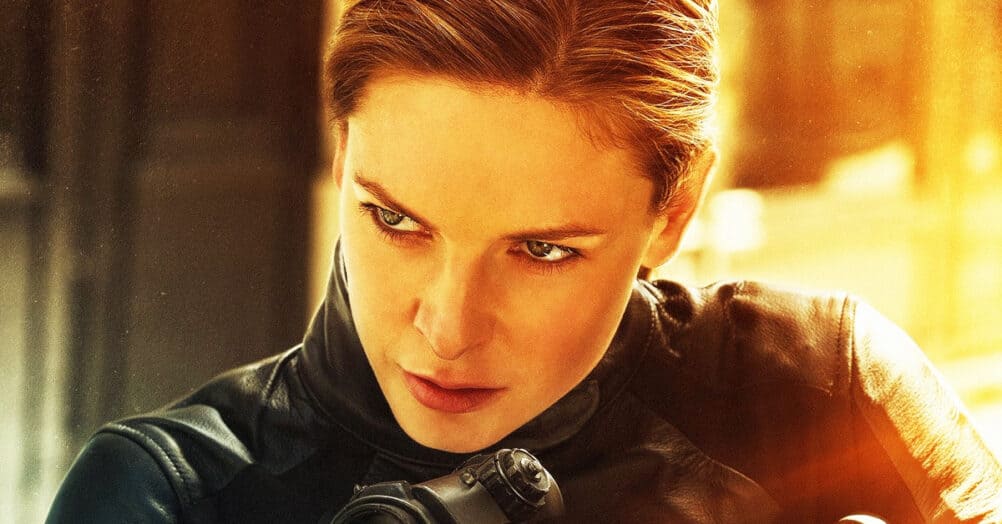
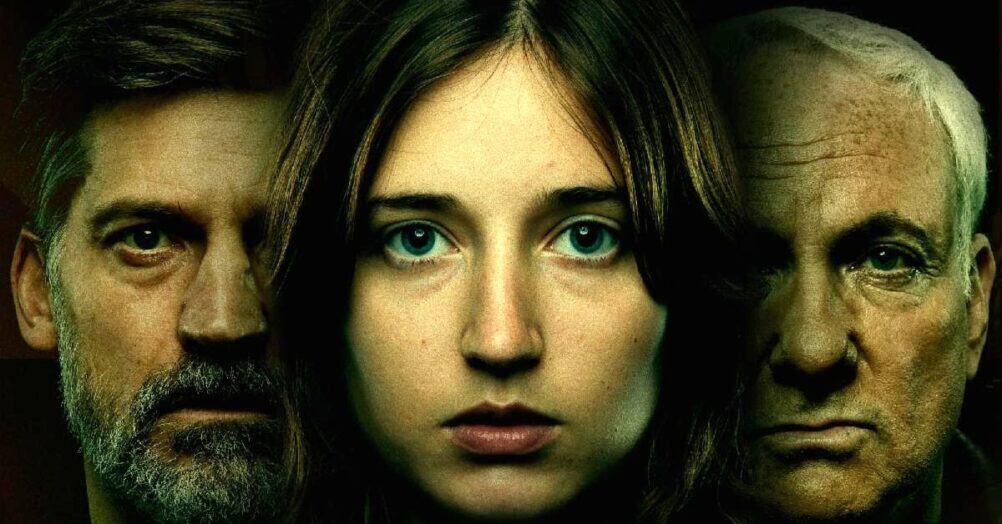
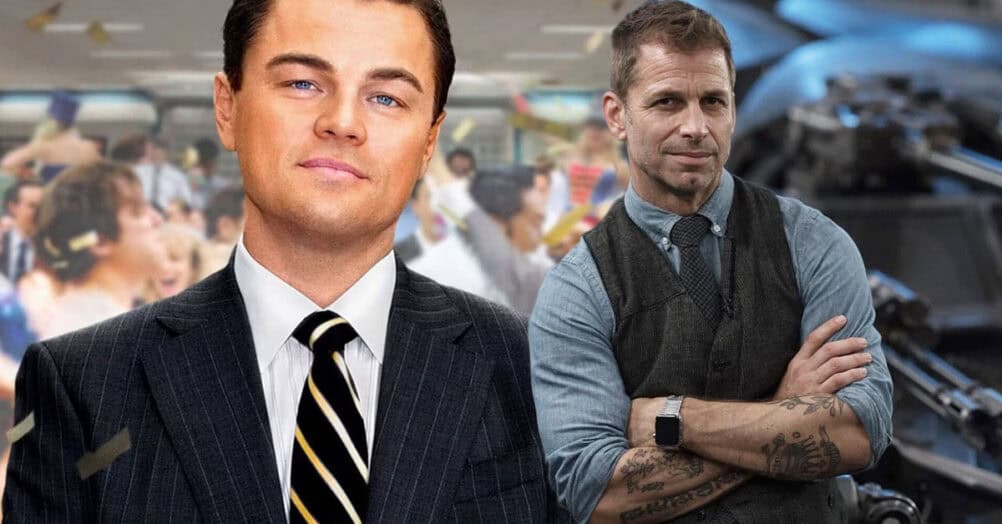
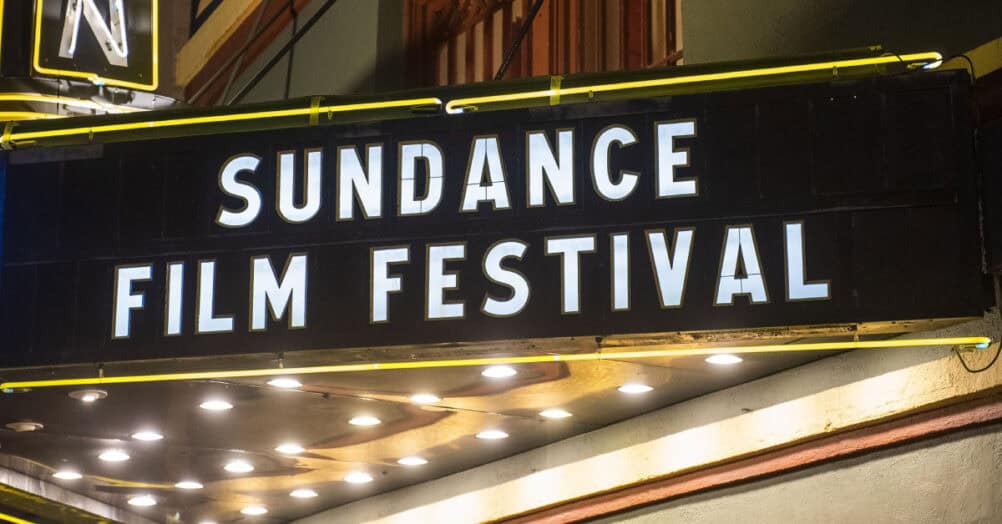
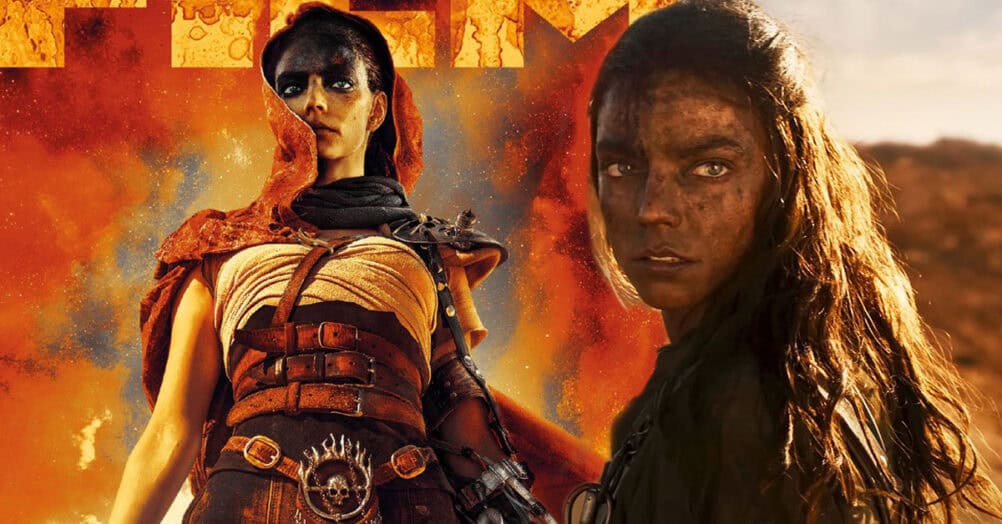

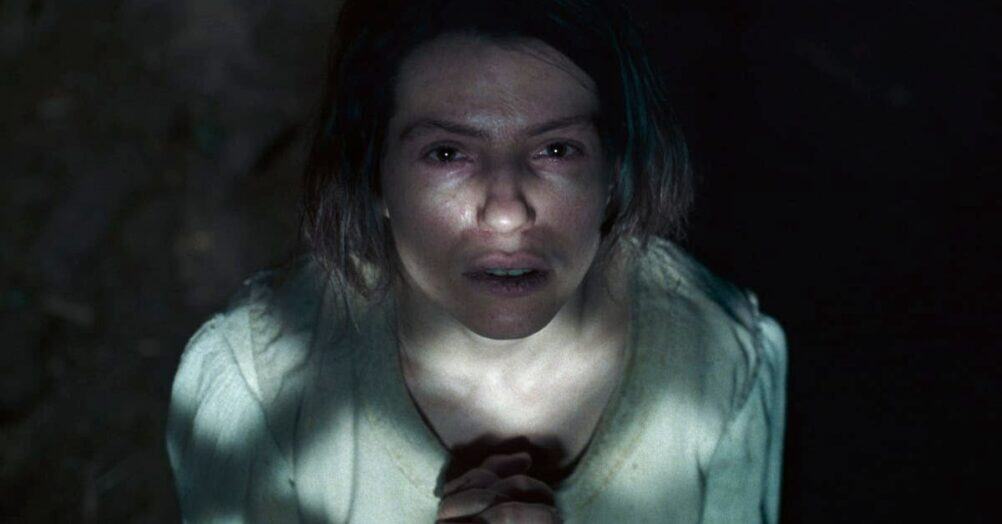
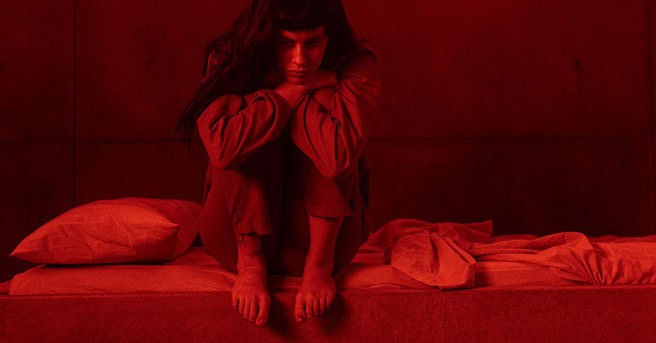
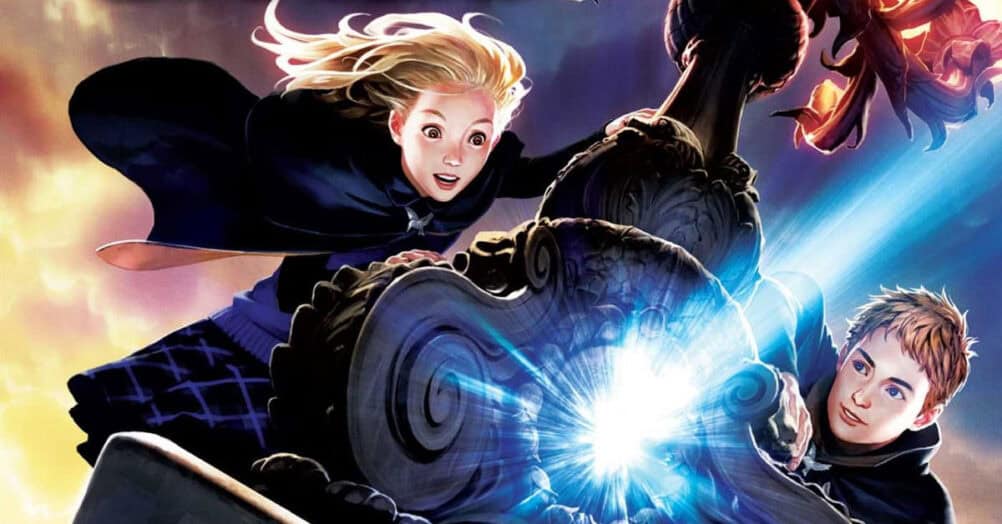
Follow the JOBLO MOVIE NETWORK
Follow us on YOUTUBE
Follow ARROW IN THE HEAD
Follow AITH on YOUTUBE